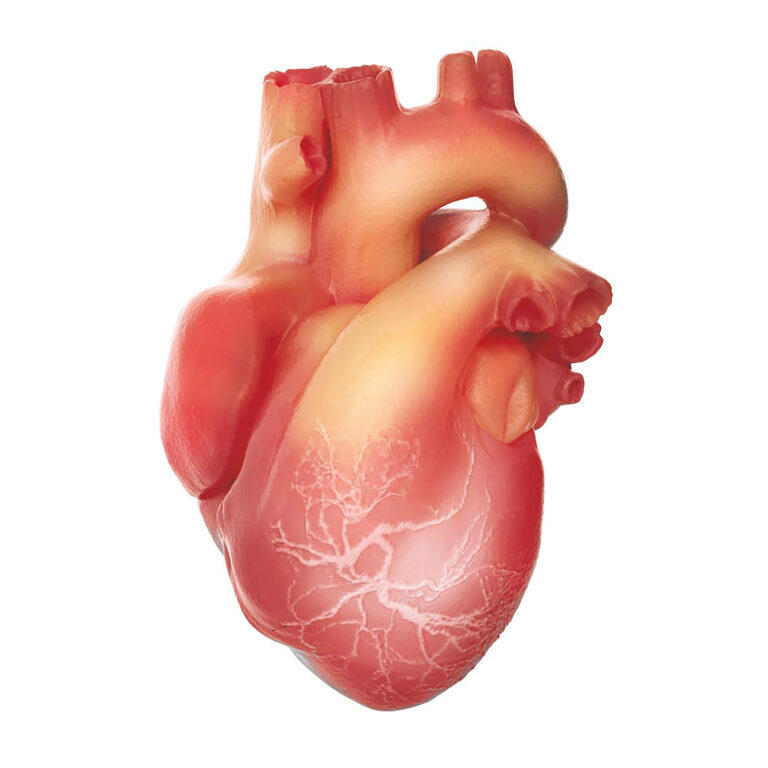
Menopause, Manopause, and Weightopause

Menopause
We are are very familiar with the idea of menopause – at some point, the ovaries shut down production of estrogen and progesterone, the menstrual cycle stops, and we are met with hot flashes, sleep disturbance, mood irritability, sexual dysfunction and often weight gain as a result. Many women choose to go on hormone replacement to make the transition easier. And, many women report their 60s and 70s as the best years of their lives!
“Manopause” (Hypogonadism / Low Testosterone, or Low “T”)
Similarly, over time, many men experience a low testosterone (these days people like to call it low “T”). Although the medical term for this is “hypogonadism” I’ve always disliked this term – instead, I like to call it “manopause.” Similarly, men can have low energy, focus, poor lean body weight, weight gain and sexual dysfunction. Consequently, many men choose to go on hormone replacement.
Now I’m not advocating for or against hormone replacement therapy, I’m just highlighting two commonly accepted forms of how changes in hormone levels can lead to various types of symptoms, and different types of treatments.
Hormones Regulate Body Weight
What most people don’t recognize, however, is that obesity is also a hormonal process. Our body weight regulation is thought to be largely driven by hormones, much like a woman’s menstrual cycle. Fat tissue makes leptin, the stomach makes grehlin, the small intestine makes peptide YY, cholecystokinin, and GLP-1, while the pancreas makes Insulin. (There are many more hormones at play than those listed).
Metabolic Adaptation, or “Weightopause” or Low Leptin / GLP-1 / Peptide YY
When a person loses weight, this results in “weightopause.” In other words, weight loss triggers a relative deficiency in many of these hormones. After losing weight, leptin goes way down resulting in increased hunger, gut hormones also drop (peptide YY, cholecystokinin, GLP-1) resulting in a drop in satiety, grehlin goes up resulting in more intense hunger, and insulin levels drop again resulting in increasing hunger. Further, the body lowers its metabolic rate and total energy expenditure.
I know this sounds complex, but it is actually fairly simple – the body protects itself from weight loss by lowering metabolism, increasing hunger, and lowering our ability to feel satisfied after we eat. This is why keeping weight off is hard.
To combat these effects, we use intensive behavior therapy designed to make the environment more amenable to sustaining weight loss, structured food plans to help you feel more full, physical activity designed to burn calories and boost metabolism, and medications to curb the natural increase in appetite brought about by weight loss.
In terms of treating “Weightopause” with hormone replacement, this is an emerging field of research. There is one FDA-Approved anti-obesity medication that is a synthetic GLP-1 analogue, marketed as Saxenda, and several others are in development. Further, the other weight loss medications are also highly effective in combating these metabolic adaptations.
Please note that other hormones marketed for weight loss (including HCG) have not been proven to be effective for long-term weight management, and are not approved by the FDA for this indication.
Losing weight is one thing. Keeping it off is a whole different animal due to these metabolic adaptations. By better understanding your body’s unique biology, we can then understand the best strategies to combat “Weightopause” and keep the weight off permanently!




